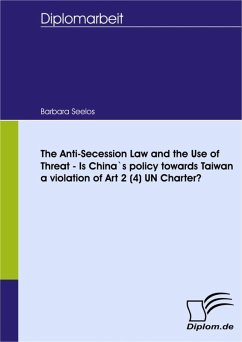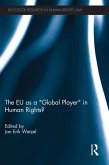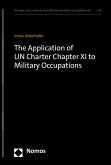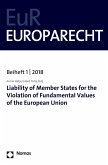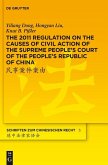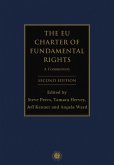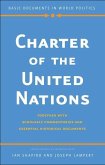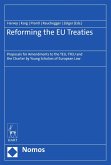Inhaltsangabe:Introduction: ¿An individual should not have too much freedom. A nation should have absolute freedom¿. Dr. Sun Yat-Sen. The Cross-Strait Conflict concerning Mainland China and Taiwan continues to exist now for more than 50 years. The Civil War (1946-1949) divided the Chinese Nation into two parts: the People¿s Republic of China (PRC) on Mainland China and the Republic of China (R.O.C.) on Taiwan. Since 1949 conflicts between the two lead to several military confrontations. During the Cold War Era both sides claimed to be the formal representative of whole China. Finally in 1991 Taiwan declared its effective control over the region of Taiwan and its recognition of the legal sovereignty of Beijing on the mainland. The question of Taiwan¿s security and status keeps the struggle between the two alive. While China holds on to the one-China principle which defines Taiwan as an integral part of China, Taiwan sees itself as a sovereign entity. Even today Mainland China refuses to abandon the use of force and threat of force to attain its goal of reunification. Over the past decade Mainland China invested heavily in its military. Additionally in 2005 the Chinese National People¿s Congress passed the controversial Anti-Secession law (ASL), which authorizes the military to use force against Taiwan. A recent Pentagon report states that there is much uncertainty surrounding China¿s future course, in particular with regard to its expanding and implementing military power. Further the report notes that ¿China¿s near-term focus on preparing for contingencies in the Taiwan Strait, including the possibility of U.S. intervention, is an important driver of modernization¿. The main objective of this thesis is to find out if the Anti-Secession law and the threat impose a breach of the non-violation principle of the UN-Charta. Some scholars have clearly stated that any threat or use of force would violate International Law. But the international law jurists and the UN itself have refrained from commenting on the issue. In fact when the PRC announced the passing of the concerned law in 2005 no one came out and voiced their opinion. The cross-strait relation and the ASL are well discussed in international policy. The EU for example had decided to revoke the arms embargo against China but failed to do so after the enactment. The ASL has caused more anxiety and uncertainty among the people of Taiwan and has created an even more unstable cross-strait [...]
Dieser Download kann aus rechtlichen Gründen nur mit Rechnungsadresse in A, B, BG, CY, CZ, D, DK, EW, E, FIN, F, GR, HR, H, IRL, I, LT, L, LR, M, NL, PL, P, R, S, SLO, SK ausgeliefert werden.

